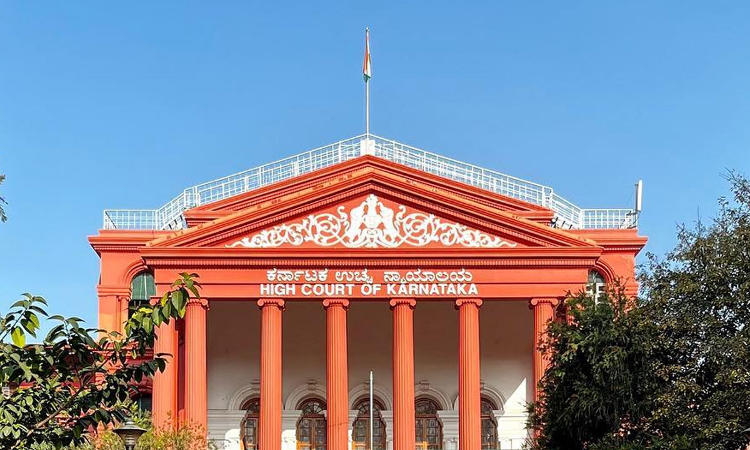'Unknown To Law': Karnataka High Court Dismisses Muslim Couple's Plea On Adopting Unborn Hindu Child
Mustafa Plumber
10 Dec 2022 1:33 PM IST

Next Story
10 Dec 2022 1:33 PM IST
The Karnataka High Court has said that Mohammedan Law does not recognise adoption and thus an agreement entered into between a Hindu couple to give their unborn child in adoption to a Muslim couple is not allowed. A division bench of Justice B Veerappa and Justice K. S. Hemalekha dismissed a petition filed by the couples challenging the judgment of Additional Senior Civil Judge...
